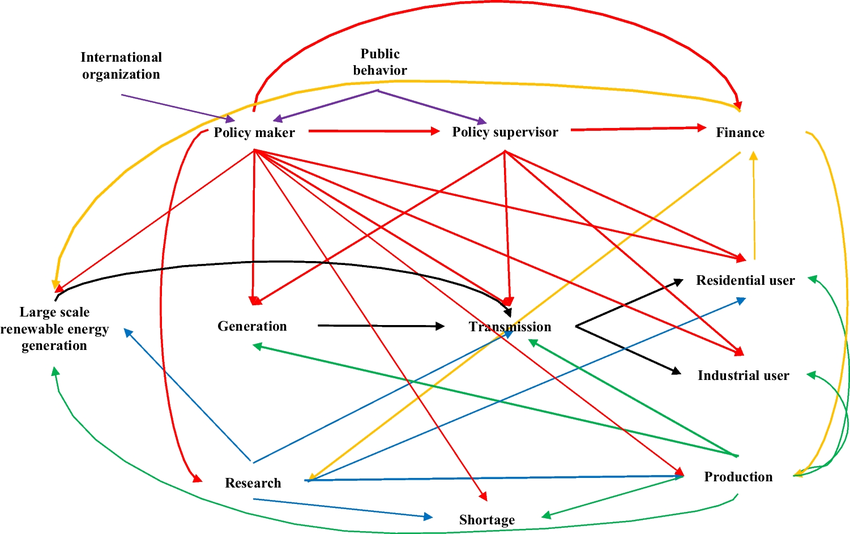Social Networks for Powerful Research

The research landscape is evolving. Social networking platforms are now recognized as valuable tools for researchers. They offer a wealth of data, connections, and collaboration opportunities, waiting to be harnessed. This blog delves into the power of social media for research and explores some open-source tools to empower your investigations.
Why Social Media Matters for Research?

Social media platforms like Twitter, Facebook, and Reddit buzz with real-time conversations, opinions, and shared experiences. This data offers researchers unique insights into:
● Public Perception: Gauge public sentiment towards research topics, track emerging trends, and identify areas requiring further investigation.
● Collaboration and Networking: Connect with other researchers worldwide, share findings, and foster discussions that can spark new ideas.
● Recruitment and Data Collection: Recruit participants for surveys and studies, gather data through polls and questionnaires, and analyze user-generated content relevant to your research.
Open-Source Tools to Unlock Social Media's Research Potential
Several open-source tools can streamline your social media research journey:
● Twint (https://github.com/twintproject)
○ Twint is used to easily collect public tweets based on keywords, allowing researchers to analyze trends and public opinion on Twitter.
○ A powerful Python library specifically designed to scrape data from Twitter.
○ Twint allows filtering tweets by keywords, hashtags, dates, and user accounts.
○ https://www.youtube.com/watch?v=jzLJjbZVQ9s
● NodeXL (https://nodexl.com/)
○ Researchers use NodeXL to map connections and understand relationships between users and topics found in social media data.
○ A free and open-source social network analysis and visualization tool.
○ NodeXL helps researchers analyze relationships between users, topics, and hashtags within social media data.
○ https://www.youtube.com/watch?v=NDdwXK_Trgs
● Gephi (https://gephi.org/)
○ Gephi helps researchers visualize social networks by creating maps that show connections and patterns within the data.
○ Another open-source network visualization tool
○ Gephi offers advanced functionalities for mapping connections and identifying patterns within social media data sets.
○ https://www.youtube.com/watch?v=GXtbL8avpik
● Snscrape (Python library)
○ Snscrape acts like a shovel for social media data, allowing researchers to collect public posts from various platforms for analysis.
○ https://www.youtube.com/watch?v=jtIMnmbnOFo
Ethical Considerations
While social media offers immense research potential, ethical considerations are paramount. Here are some key points to remember:
● Privacy: Ensure you comply with the platform's terms of service when collecting data.
● Anonymity: Respect user privacy by anonymizing data whenever possible.
● Transparency: Be transparent about your research objectives and data collection methods.
Conclusion
Social media platforms offer a powerful toolkit for researchers. By leveraging open-source tools and following ethical guidelines, you can harness the power of social media to gather valuable data, engage with your audience, and advance your research goals.
Additional Tips
● Consider creating dedicated social media profiles for your research project to build credibility and attract followers.
● Engage with relevant online communities and discussions to participate in ongoing conversations and gain insights.
● Utilize social media listening tools to monitor mentions of your research area and identify potential collaborators.
By embracing social media as a research tool, you can unlock a wealth of opportunities to strengthen your research and connect with a wider audience.
